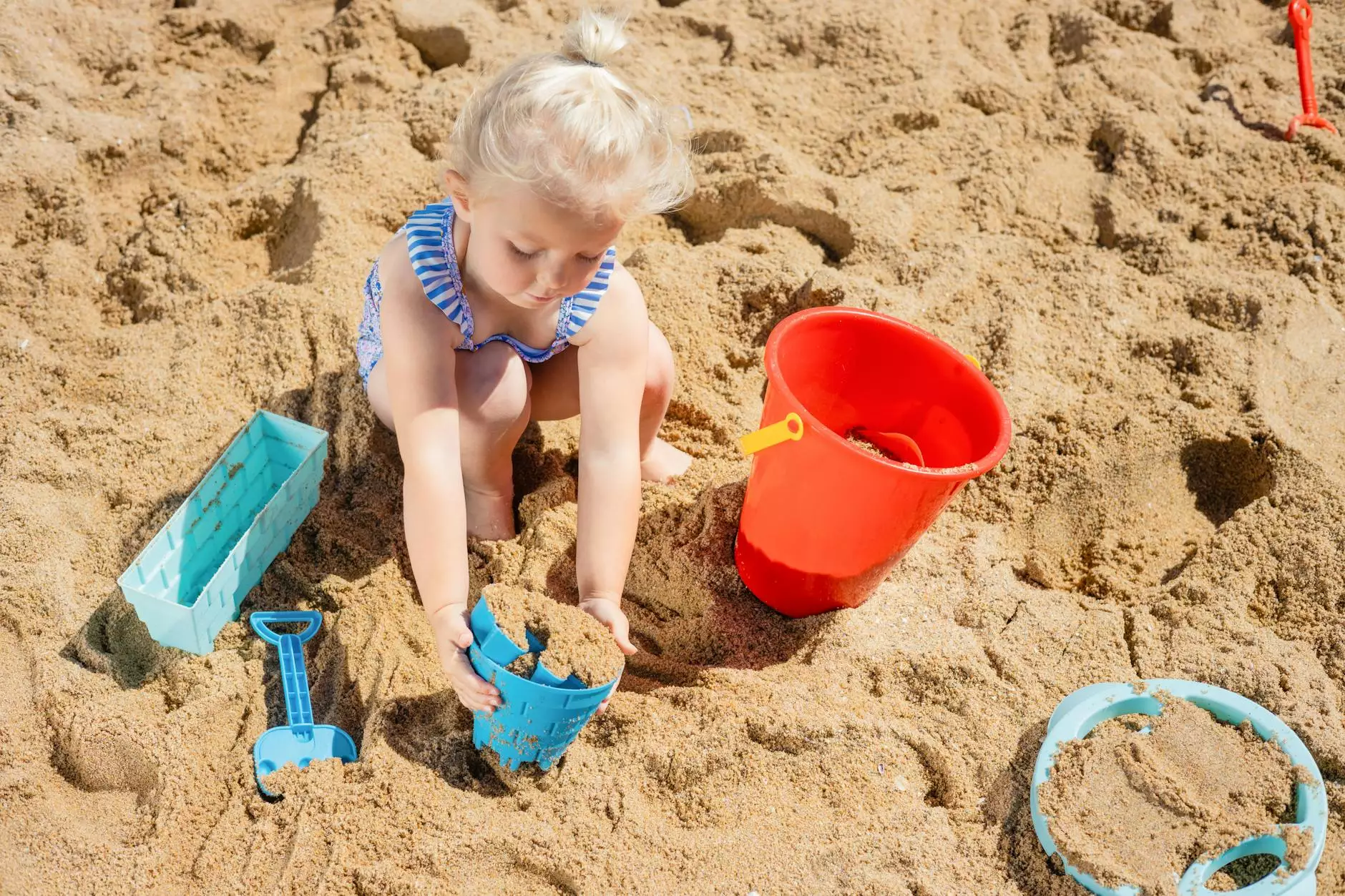5 Proven Ways to Deal with Separation Anxiety in
Parenting
Introduction
Welcome to Holly Katz Performance Coaching, where we provide exceptional consulting and analytical services in the field of child development and well-being. In this article, we will uncover 5 proven strategies to help your child overcome separation anxiety. As parents, it can be challenging to see our children struggle with separation, but with the right approach, we can guide them towards building resilience and coping mechanisms.
Understanding Separation Anxiety
Separation anxiety is a common phase experienced by many children, usually between the ages of 8 months to 3 years. It manifests as distress or anxiety when a child is separated from their primary caregiver or familiar environment. The fear of being left alone can be overwhelming for a young child, leading to clingy behavior, crying, tantrums, or even physical symptoms such as headaches or stomachaches.
Signs of Separation Anxiety
- Clinginess and reluctance to leave the caregiver
- Excessive crying or tantrums upon separation
- Frequent requests for reassurance
- Nighttime separation anxiety, leading to difficulties in sleeping
- Physical symptoms like headaches or stomachaches
1. Establish a Consistent Routine
Creating a predictable routine can provide a sense of security for your child and help ease separation anxiety. Ensure that daily activities such as mealtimes, nap times, and playtimes follow a consistent schedule. Consistency fosters a sense of stability and control, allowing your child to anticipate and adjust to separation more confidently.
2. Encourage Independence and Gradual Separation
Encouraging independence in your child is a key factor in managing separation anxiety. Start by gradually introducing short periods of separation, such as leaving your child with a trusted family member or caregiver for brief intervals. This practice helps your child understand that they can cope without you and builds their confidence in handling separations.
3. Maintain a Positive Goodbye Routine
Establishing a positive and consistent goodbye routine can help ease the anxiety associated with separation. Keep your goodbyes brief but reassuring, offering words of love and support. Create a special ritual, such as a high-five, a secret handshake, or a special toy or object that they can carry with them to provide comfort during your absence.
4. Foster a Secure Environment
A secure environment is crucial in alleviating separation anxiety. Ensure that your child's physical and emotional needs are met by providing a nurturing and loving atmosphere. By creating a secure home environment, your child will develop a strong sense of attachment, making it easier for them to cope with separation.
5. Communicate and Validate Your Child's Feelings
Open communication and validation of your child's feelings play a vital role in supporting them through separation anxiety. Take the time to listen actively to their concerns and empathize with their emotions. Assure them that their feelings are valid and that you understand their fears. By acknowledging their emotions, you are providing a safe space for them to express themselves, ultimately helping them build resilience.
Conclusion
Separation anxiety is a natural part of a child's development, and with the right strategies, you can assist your child in dealing with it effectively. At Holly Katz Performance Coaching, we specialize in providing top-notch consulting and analytical services in child development. By implementing the 5 proven ways mentioned above, you can guide your child towards overcoming separation anxiety and fostering emotional well-being. Remember, every child is unique, and it may take time for them to adjust. Approach separation with patience, love, and consistency, and together, you and your child will navigate this phase successfully.




